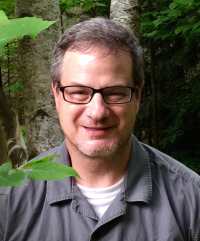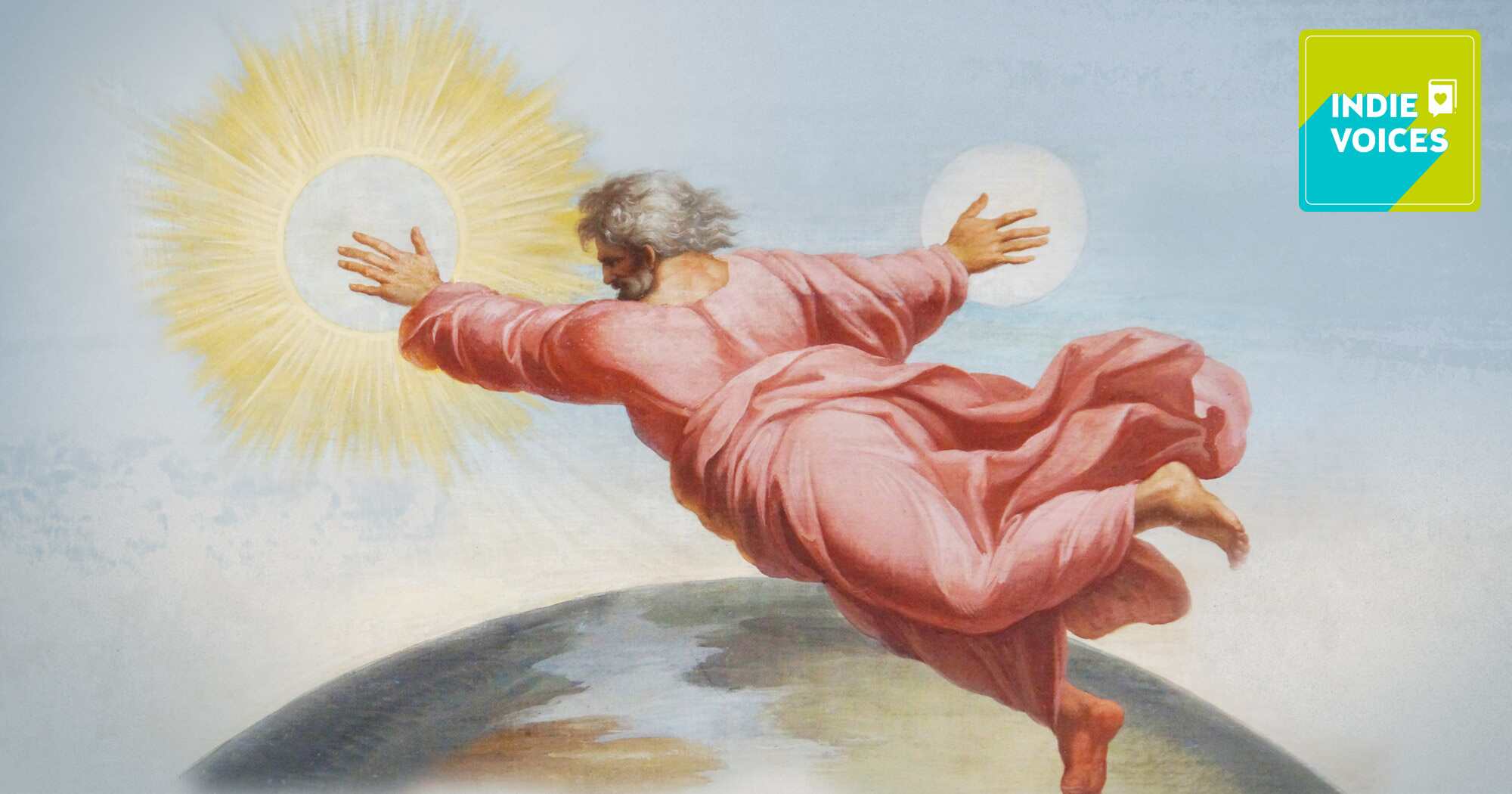Podcast: Where Science Can Meet Religion
Science and religion. There seems to be very little the two have in common, but I think it’s all in the way you perceive religion. And that is the theme of the latest episode of our IndieVoices podcast. I talk to authors who are able to bridge this perception gap. I’m not going to talk about the conflicts between religion and science. That’s been done to death, and isn’t even very interesting. This show is about how they can live together.
You can listen to the entire podcast here, or individual interviews at the links below. As always, please let me know what you think.
IndieVoices: Science and Religion
Between Science and ‘Otherhood’: Silas Fortunato believes in science, yet continues to have mysterious experiences despite himself. Or, are they really so mysterious? Silas comes to call himself a disciple of “otherosophy” who studies the “otherhood of humankind.” The book is called Celestial Mechanics, published by Three Rooms Press, and it’s written by famed travel writer William Least Heat-Moon, author of the best-selling Blue Highways, in his first piece of fiction. Listen to our interview.
Reality’s Fugue: Samuel Brainard, an independent scholar of Asian and Western religion and philosophy, has a book coming out from Penn State University Press called Reality’s Fugue: Reconciling Worldviews in Philosophy, Religion, and Science. Sounds like he might be just as crazy as I am, taking a chance at trying to reconcile these things, so I had to talk him. He treats religions as “philosophy in practice,” while science has limitations because it cannot “explain its own underlying principles.” The two go together like voices in a fugue, he says. Listen to the discussion with Samuel Brainard.
Priest of Nature: Isaac Newton, whose contributions to our understanding of the physical world are immeasurable, was also a very spiritual man. But, in that he understood better than most people of his time, the nature of reality, he also tried his best to reconcile his scientific observations with his Christian beliefs. Looking closer at this aspect of Newton is Rob Iliffe, in his book Priest of Nature: The Religious Worlds of Isaac Newton from Oxford University Press. Rob is professor of history at the University of Oxford and general editor of the online Newton Project. Listen to our discussion about the surprising religious life of Isaac Newton.
You can also subscribe to all our IndieVoices podcast episodes on iTunes and Soundcloud.

Howard Lovy is executive editor at Foreword Reviews. You can follow him on Twitter @Howard_Lovy
Howard Lovy

